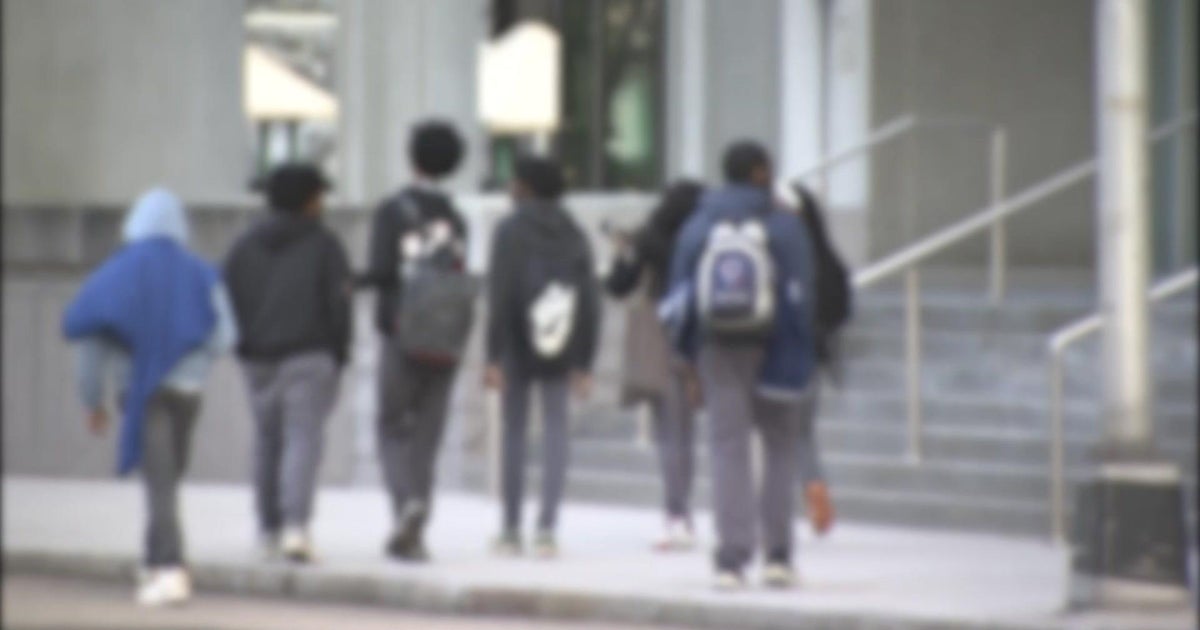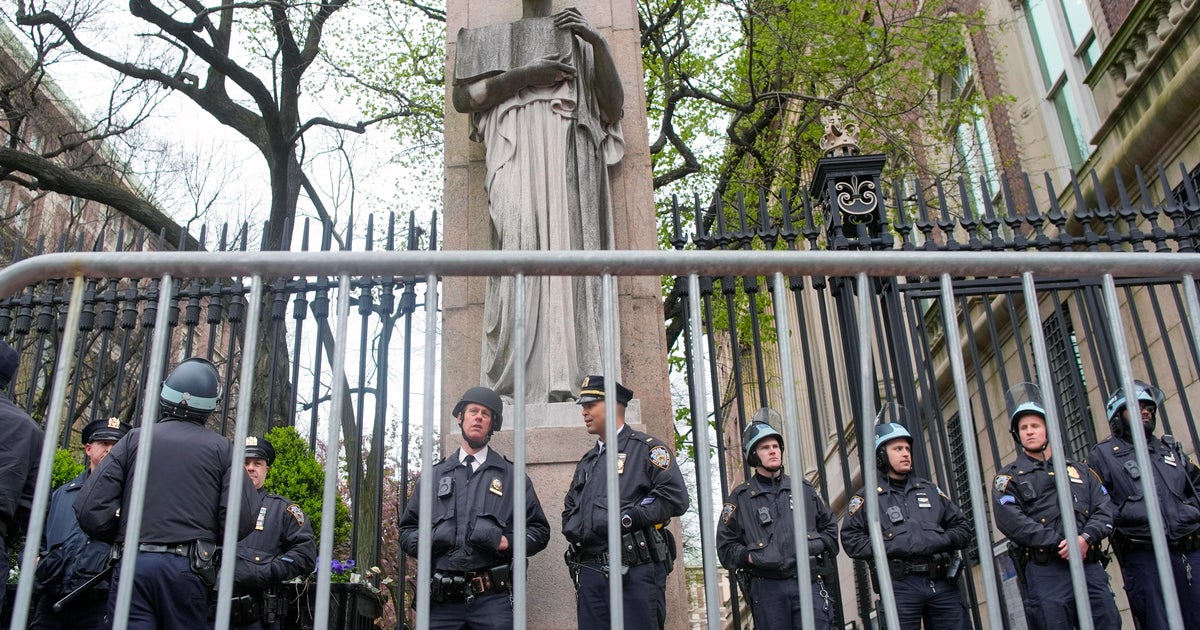Should We Do Away With Daylight Saving Time? Some States Considering Change
NEW YORK (CBSNewYork/AP) - At 2 a.m. Sunday, hundreds of millions of Americans will "spring forward" one hour in the annual observance of Daylight Saving Time — gaining an hour of sunlight but losing an hour of sleep.
Whether it's gaining an hour or losing an hour, the time change can be disruptive.
In the fall, the days feel shorter, sometimes leaving people to start and end their day in darkness. In the spring, when Daylight Saving Time begins with losing an hour, changes to sleep schedules can impact people in a variety of ways.
Last week the Ohio Senate approved a resolution calling on the U.S. Congress to put the country permanently on daylight saving time.
The twice-yearly switch between standard and daylight saving time is "government-induced biannual jetlag," said resolution sponsor Sen. Kristina Roegner, a Republican from Hudson in northeastern Ohio.
The move echoes what some Maryland lawmakers are aiming to change. Legislation in the General Assembly would alter Maryland's standard time to be Eastern Daylight Time year-round.
If passed, the legislation would be contingent on changes being made to the federal Uniform Time Act, which allows states to exempt themselves from observing Daylight Saving Time, but requires a change in federal law to remain on Daylight Saving Time year-round.
Currently, Hawaii and Arizona are the only two states that do not observe Daylight Saving Time.
In aviation, pilots and air traffic controllers don't rely on local time zones or daylight saving time for their work, instead using UTC - Coordinated Universal Time.
The first U.S. Daylight Saving Time was observed for energy conservation for seven months between 1918 and 1919 and year-round between 1942 and 1945, during World War I and World War II.
But a 1974 report by the U.S. Department of Transportation found the energy savings minimal, and a 2008 Department of Energy study found a total primary energy consumption reduction of 0.02%, according to the state legislative analysis.
Between 2015 and 2019, 39 states introduced legislation to abolish the observance, with many states seeking to keep their clocks set one hour ahead, according to data from the Congressional Research Service cited in the legislative analysis.
Last year, President Donald Trump weighed in, tweeting "Making Daylight Saving Time permanent is O.K. with me!"
(© Copyright 2020 CBS Broadcasting Inc. All Rights Reserved. The Associated Press contributed to this report.)



